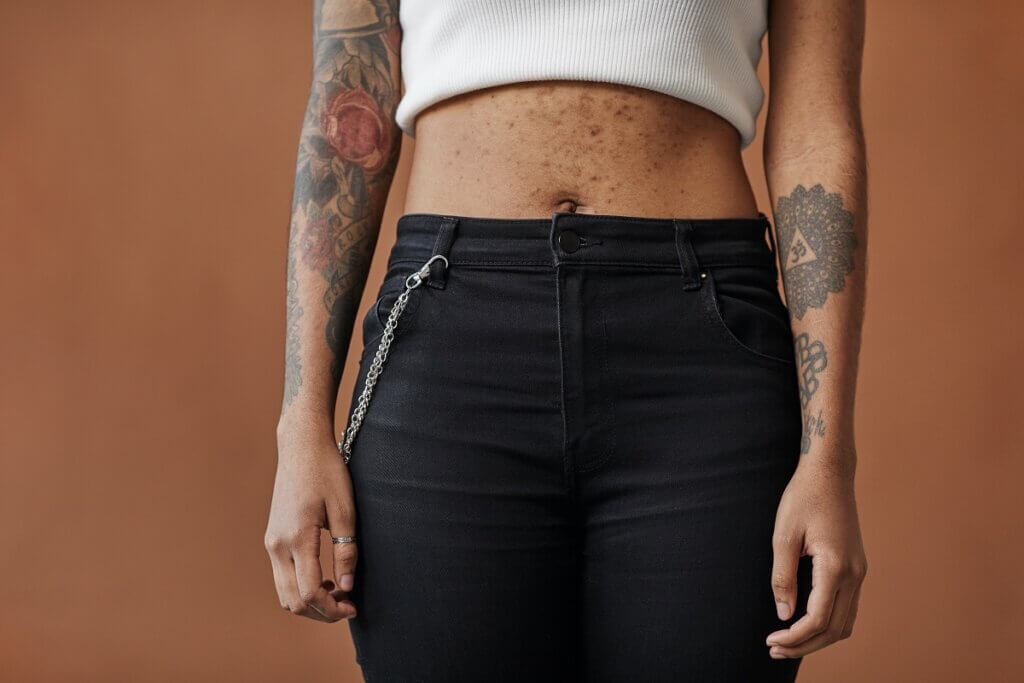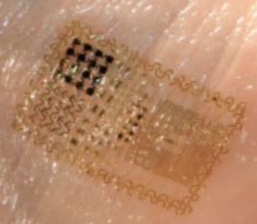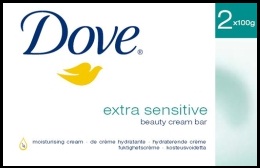You may have been told that if you have eczema it is best to avoid getting any kind of tattoo. This isn’t necessarily true, while it is definitely the case that eczema can add a little bit of concern and consideration to those who might want to get a tattoo it doesn’t have to prevent you from ever getting one.
If you visit tattoo shops in NYC or other big cities, there will likely be multiple options of studio and tattoo artists, and you can always chat to them about the options you have if you have eczema. Many will be happy to advise.

Can a tattoo affect eczema?
Yes, it is possible that tattoos can affect eczema, but that does not mean you should rule out getting one if you really want to.
The risks are very similar to those who don’t have eczema, but you might be more prone to these risks, or find more severe side-effects if you are prone to eczema skin. If you have anything that causes skin sensitivity then you need to think really carefully about the tattoo and aftercare.
It’s true that tattoos can affect your eczema, but there are so many considerations including how seriously you suffer from the condition before you decide whether or not you are going to go ahead and get your ink.
Are there risks of getting a tattoo if you have eczema?
There are always some risks if you have eczema or otherwise.
However, the good news is that if you follow the guidelines of your tattoo artist and take good care of the area then it is unlikely that you will experience any serious problems.
People with eczema scars should probably make sure that this area of their body does not get any sort of tattoo if they are worried about the side effects, this can make things worse or cause hyperpigmentation.
The other risks of getting a tattoo include the fact that it is very likely to be incredibly itchy if you are the sort of person that has a sensitive skin condition. This itching on its own is not serious, but scratching can have complications. It can make it more difficult for the tattoo to heal, and this can lead to a greater risk of infection. Infection certainly can be serious.
Skin irritation and redness is common but it is very likely if you have eczema so think very carefully about the time after you get your tattoo, and how you are going to treat it to make sure the itching is kept to a minimum. Tattoo artists will usually give you recommendations for ointments that may well help.
The tattoo risks if you have eczema are not extreme risks, but they are definitely worth thinking about. The chances of getting some complication are high, so make sure you follow all the rules on recovery to the letter.
Also consider getting a very small test tattoo done somewhere that isn’t visible in case you do get an adverse reaction, and to patch test the ink is suitable.
You may find this article from the National Eczema Society useful – Can you get a tattoo if you have eczema?
And also a first hand experience from a person with eczema who had a tattoo and lived to tell the tale, Getting a tattoo with eczema
Is there special ink for sensitive skin?
Some artists do use specific and specialist inks that have a reputation of being better for people with sensitive skin. Tattoo ink is actually a huge industry and it is changing all the time, so there are lots of different inks available for people to explore.
Some artists have certain ink already in stock that allows them to tattoo those with skin conditions or sensitive skin with less chance of causing any kind of a flare-up. It isn’t a guarantee that you won’t experience any issues, but it certainly helps to consider which inks you are putting into your body, especially if you are prone to allergies.
Healing and Maintenance of the New Tattoo
It is part of finding a reliable and quality tattoo artist to ensure that they give you the proper aftercare routine.
Tattoos can be difficult, especially in the first few days, and you need to make sure you do everything correctly to give the best chance of healing without complications.
Initially, the tattoo will be wrapped by the artist, and they should probably instruct you to leave it for 24 hours in this scenario. After this, it is time to remove the wrap or bandage, and you may be able to apply ointment at this stage.
While you can’t submerge the tattoo it is also important to keep it rinsed and cleaned with water.
If you have sensitive skin there is also even more of a risk that some of the problems people get with tattoos, such as redness and itchiness, will cause you problems too. Try to resist the urge to scratch as this can cause serious problems. Eventually, you can switch to moisturisers as long as they don’t have any chemical or fragrance ingredients that are likely to irritate.
At the first sign of anything concerning, go to a doctor. It is always better to be safe.
Things to Consider When Choosing a Tattoo Artist
You should always find a reliable tattoo shop when you are thinking about getting inked. It sounds like a cliched thing to say, but it is true that this is going to be on your body for the rest of your life (well, that’s the plan anyway). You should give some thought to the style and quality of your artist.
On top of that, be sure to chat with them about any concerns you might have, even if that concern is regarding your eczema or other skin conditions.
If you can find a tattoo artist who also has eczema or another similar skin condition even better, as they will have first hand experience.
Any people out there with eczema and a tattoo?
I’d love to hear from you if you have eczema and a tattoo? Have eczema flares affected any tattoos or have you had a bad reaction to the ink?
I’ve read also that you can get medical tattoos, for instance I could have my MedicAlert member number tattooed on my skin instead of wearing medical jewellery. I’ve met people have ‘diabetic’ tattooed on their wrist and the technology is advancing so that you could even get a QR code that gave paramedics all the information needed should you go into anaphylaxis or not be able to communicate your own medical emergency for a chronic life threatening condition. I’d worry that QR codes would cease to exist though and then it would an obsolete tattoo! You may find this old blog interesting:
Medical bracelet or allergy tattoo?
Personally I’ve not got any tattoos and am probably too nervous to even consider getting one. Although the idea does appeal to me, and I can understand why people have them. Any eczema people out there considering getting one? Also what does topical steroid withdrawal do to a tattoo? and can the tattoo recover from serious skin disfunction?
There are loads of fake tattoos that last about 3-5 days available so if you want to try a temporary tattoo for special occasions this could be a safe alternative. There are loads available online and on Etsy so get surfing. And if you love the poetry and art of Rupi Kaur as much as I do, you can buy temporary tattoos on InkBox: Rupi Kaur Tattoos. Sign up to the Inkbox newsletter for 20% off.
You may also be interested in the following:
- 20 tips for coping with an eczema flare
- 30 tips to help you stop scratching eczema
- 10 reasons to wear a MedicAlert bracelet for anaphylaxis – 15% off with code What15Allergy
Guest post













This sounds like iffy advice at best. Dr Tom O’Bryan has presented research in the past indicating that getting a tattoo can increase a healthy person’s risk of getting an autoimmune illness by something like 370%. Given that eczema can be linked to autoimmunity, I wouldn’t think that encouraging people to do it is really the wisest approach… if your site is at all concerned with health and healing.
Hi Mollie, thanks so much for your comment. I am really concerned with health and healing which is why I’m always been wary of tattoos myself. I hadn’t read Dr Tom O’Bryan’s research but I will certainly do so and perhaps do a reply blog, the dangers of getting a tattoo for eczema skin. As you can this blog was a guest post supplied by an external writer so I didn’t research it myself. I also hadn’t heard about this link so thank you for enlightening me. Definitely not getting one now. I’ll stick to the transfers.
But nowhere does it say it’s a guest post??? It literally says ‘by Ruth Holroyd’ at the very top of the post
I think you’ll find it right at the bottom of the blog if you look for it. Thanks for taking the time to visit and read though!